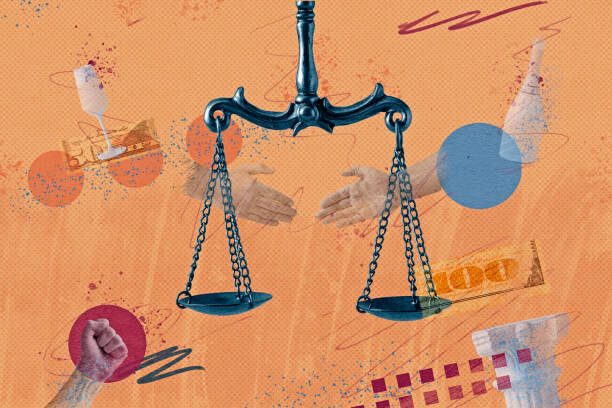

Adherence to good lawmaking principles is linked to the rule of law. To ensure the production of good legislation, provisions of the Constitution and the Rules of Procedure of the Parliament regulate individual issues related to the legislative process and set certain rules that must be followed when drafting and submitting a bill or an amendment for voting (see, inter alia, Articles 74, 75 of the Constitution, Articles 85, 87, 88 and 101 and in general Articles 84-123 and 160 of the Rules of Procedure of the Parliament). Furthermore, law 4622/2019 regulates, through Articles 57 to 64, issues of legislative procedure and good legislation.
Based on these general rules and Article 59 paragraph 5 of law 4622/2019, the Manual of Legislative Drafting Methodology, issued in 2020, analyses and specifies the rules that must be observed in the framework of the legislative drafting process. This handbook provides, inter alia, instructions and directions regarding: the consultation process (see, inter alia, p. 12-13, 67-68); amendments (see, inter alia, p. 4, 18, 63, 70-71, 77-78); the issue of repealed provisions (p. 16 and 35), and even the title of a bill (p. 18-19, 47).
A. On 15 March 2023, a bill entitled “Debt adjustment framework and other tax and customs regulations, protection of pensions from inflation and other provisions to support society and entrepreneurship” was submitted to the Parliament by the Ministry of Finance. This bill consisted of 92 articles (Parts A-D) and regulated, inter alia, various issues within the competences of the Ministry of Finance and the Ministry of Labour and Social Affairs.
C. At 22:30 on 22 March 2023 (i.e. the day before the law was to be voted on), the Ministry of Finance submitted amendment No. 1670/248/22-3-2023 to the Parliament. This amendment: a) contained 14 articles containing provisions related to a diverse range of issues such as income tax, VAT, the children’s toy price observatory “the godfather’s basket” and financial support for the media and b) was submitted the night before the bill was to be voted on, and therefore after the deadline for submitting amendments had already expired.
D.On 22 March 2023, the Standing Committee on Economic Affairs prepared a report to the Hellenic Parliament in which it proposed the acceptance, by majority vote, of the bill, in principle, article by article and in its entirety, and recommended its passage by the Parliament, as it stands. On 23 March 2023, the draft law was debated in the Plenary of the House of Representatives and Law 5036/2023 was passed.
In this case a number of principles and rules of good lawmaking do not seem to have been taken into account, such as the fact that a number of the provisions included in the legislation were not submitted to public consultation at all; the public consultation process for the original bill was shortened beyond what is legally foreseen, without any justification; and the fact that amendments were submitted to the bill after the deadline for amendments had expired.
In a state governed by the rule of law, the Government and the Parliament must create laws in accordance with both the Constitution and the Rules of Procedure of the Parliament, as well as the other rules that have been established to guarantee and promote good and transparent lawmaking practices.
In Greece, however, the violation of these rules of good lawmaking appears to be a long-standing and systematic problem, as highlighted by the legislative journey of Law 5036/2023.
Bank Account number: 1100 0232 0016 560
IBAN: GR56 0140 1100 1100 0232 0016 560
BIC: CRBAGRAA
![]()
In a time where the very foundations of democracy are gradually being eroded by the rise of extreme nationalism, alt-right movements, the spread of disinformation and corporate capture, the efforts of organisations such as Vouliwatch are more relevant than ever.
We rely on the generosity of each and every one of you to continue with our efforts for more transparency and accounta
By financially supporting Vouliwatch you support our litigation strategy, our campaigns for transparency and accountability in the political system, the development of new civic tech tools, our research projects and last but not least our impartial and accurate